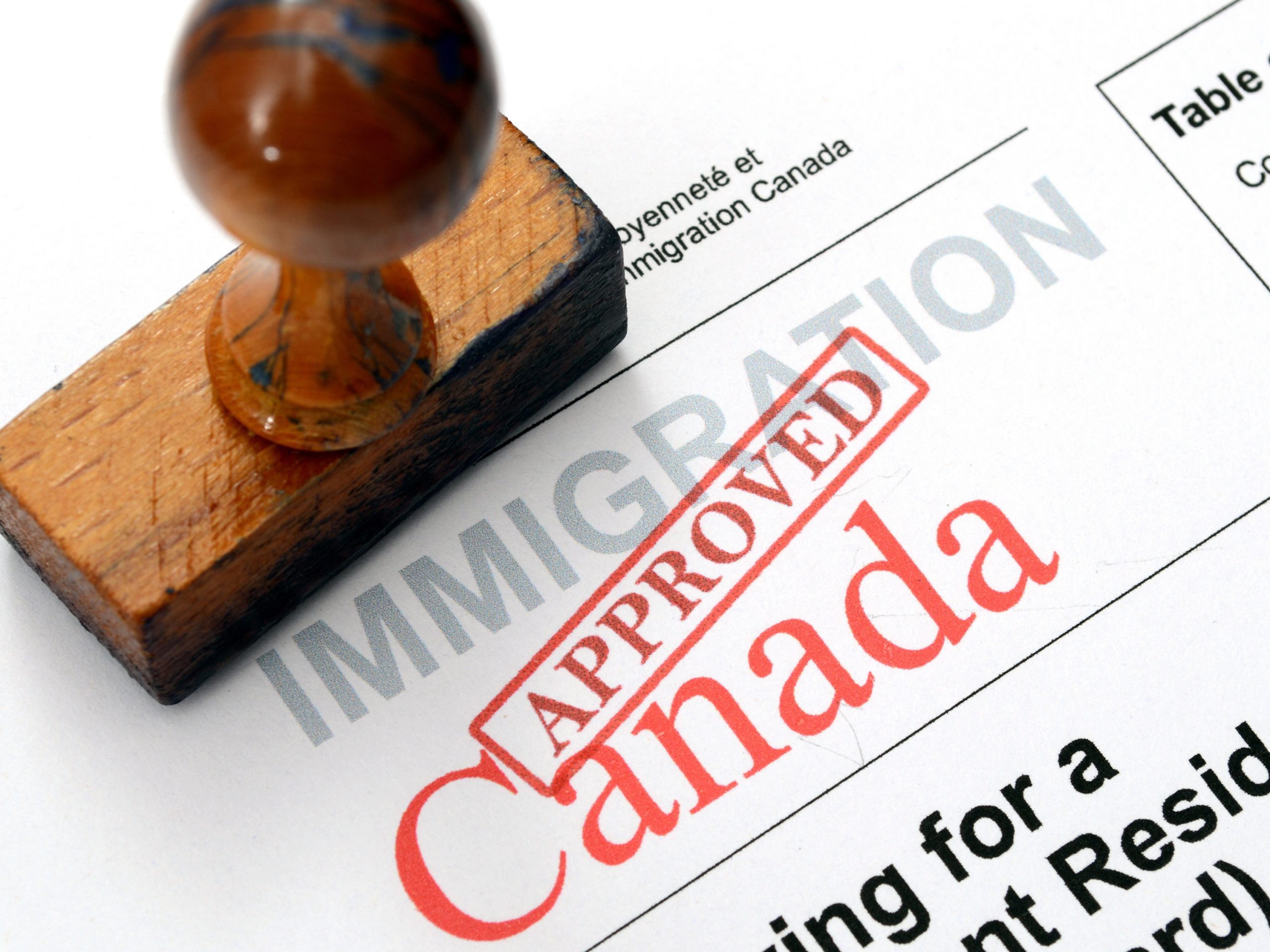Canadian polls on immigration have revealed consistent opinions for eons: the majority of us want to see our country's intake capped or lowered, and we want those who do come to be assimilated into the Canadian mainstream. Yet every time these boringly common opinions are made public reporters still feel the need to affect great shock.
"Canadians may not be as tolerant of refugees and immigrants as they think, a new study concludes," wrote reporter David Aikin for Postmedia the other day. "Study finds Canadians aren't as tolerant of immigrants as we like to think" agreed the Huffington Post's Emma Paling.
They were responding to some poll data released this week by academics Michael Donnelly and Peter Lowewn as part of a larger study on Canadian attitudes towards immigration.
The results were not surprising. 58% of Canadians agreed "too many immigrants don't seem to feel connected to Canadian society," while over 60% said "people who come to Canada should change their behavior to be more like Canadians."
A particularly interesting section asked voters from the different parties what they would think about a candidate for prime minister who espoused various pro or anti-immigration policies. Liberal and NDP voters said they would be less likely to support a candidate advocating significant immigrant hikes, while Conservatives said — albeit barely — that they would be more inclined to back a candidate proposing an end to immigration, period.
Again, these opinions have been voiced consistently. A 2016 poll found 68% of Canadians believe immigrants should "do more to fit in." A 2015 poll found 46% believe the current immigration rate is too high. A 2013 poll found 73% backing idea of immigration limits.
Yet every time, the mainstream media reaction suggests "we" should somehow be startled by these findings, which apparently contradict how "we" conceptualize Canadian attitudes towards immigration. But as that old joke about the Lone Ranger goes, "who's 'we,' Kemosabe?"
The narrative that Canadians blindly love immigration, and have no reservations whatsoever about its social and cultural impact, is a storyline elite ideologues in this country have invented from whole cloth. It serves to rationalize generations of radical pro-immigration policies that have originated from Ottawa despite little public demand.
At some point, something has to give. To paraphrase John Kerry, Canada can either be a democracy or it can be a country of record-high immigration, but it cannot be both. A StatsCan study released last month concluded that by 2036 Ottawa policy will have successfully created a new majority population, with immigrants and their children comprising "between 44.2 And 49.9 per cent" of the national population. That will represent a demographic coup unparalleled in history, a blunt imposition of unpopular policy to its most extreme consequence (Canada has the highest per capita rate of immigration in the G7, tied with Germany).
If that characterization makes you uneasy, imagine a similar situation playing out in a different policy realm. Imagine reams of polls suggesting Canadians did not want privatized health care, yet Canada nevertheless being on track to abolish all provincial insurance plans within 20 years.
Thankfully, there are signs Canada's political class may be beginning a gentle u-turn. Immigration has become a relatively open topic of conversation in the post-Kenney federal Conservatives, with would-be leaders Maxime Bernier, Stephen Blaney, and Erin O'Toole all calling for lower numbers. Even aggressively moderate voices in the party, such as Michelle Rempel, are now choosing to contrast their own views on immigration with the "fling the doors wide open" approach of the Trudeau Liberals (who, in fairness, also elected to level Canada's immigration intake at Harper rates, rather than hike them, as some voices wanted).
For this, ample credit must be given to Kellie Leitch — and her recently-departed campaign manager Nick Kouvalis — who repeatedly cited poll data to justify their decision to put a pro-assimilation agenda at the front of their "surprisingly" successful Tory leadership campaign. Dr. Leitch is expected to unveil an even more comprehensive immigration agenda soon, which will almost certainly include a call for lower numbers.
Canada's journalistic and political establishment is terrified of Donald Trump, and the thought of an immigration critic getting elected here explains why there's been such a noticeable increase in propaganda insisting "we" have created the world's most immigrant-welcoming nation with no anxieties about immigration here, no siree.
Yet in the background, our politicians are slowly reorienting their behavior around reality.
Photo Credit: Reader's Digest Canada
Written by J.J. McCullough






